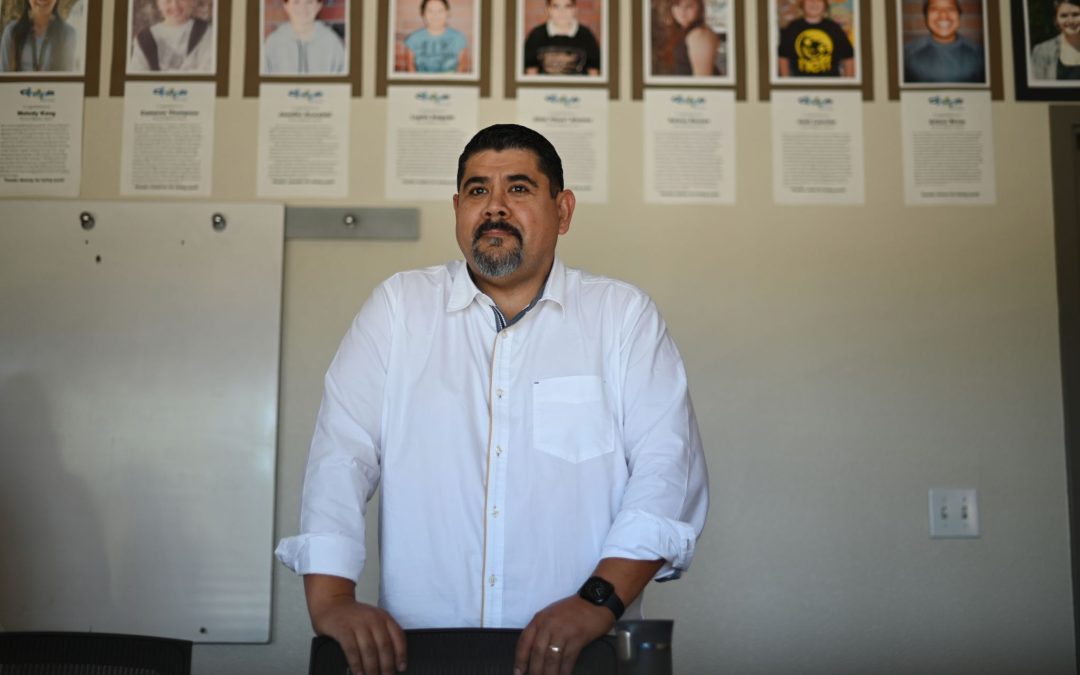There’s a saying attributed to Benjamin Franklin: “If you fail to prepare, you are preparing to fail.” This is especially true when it comes to estate planning. In my practice, I often encounter excuses as to why people fail to plan their estates. I encourage everyone to educate themselves about estate planning.
Estate planning is the process of protecting one’s assets, ensuring appropriate succession planning, and making sure one’s personal values determine the ultimate recipients of one’s wealth.
Business owners need estate planning to reduce exposure to lawsuits and ensure appropriate business succession. Those with a severe medical illness need estate planning to direct their care. A person who becomes incapacitated needs estate planning to ensure control over finances and health care decisions.
Parents of minor children certainly need estate planning to ensure that guardians are appointed for their children, and that their living expenses and education are paid for in the event of the death of both parents. These are some of the excuses I hear for not preparing an estate plan, along with answers to those excuses.
“I don’t have enough assets for an estate plan; trusts are only for rich people.”
Failing to plan is often many times more expensive than putting an estate plan together. Regardless of an estate’s size, in most cases, having an estate plan in place is better than having no will or trust at all. For example, if one has minor children, one needs to think about nominating a guardian to take care of those children if both parents die. One also must consider naming an agent for powers of attorney if one ever becomes incapacitated during life. There are many other issues that should be considered, even for the smallest estate.
Furthermore, trusts are not just for the wealthy. In California, if one has only a will, or no estate plan at all, estates with gross assets exceeding $150,000 are required to go through probate.
Probate is a time-consuming and expensive court process by which assets are transferred to one’s heirs. Not only is the court process lengthy, but it is not private since proceedings in probate are public record.
Furthermore, the probate process requires a percentage of the estate to be paid to the executor for the estate as well as to the attorney for the executor.
“I am just too busy; I’ll plan when I have more time.”
In life, we all have to make time for things that are important. Being too busy is often a convenient excuse to put off something until tomorrow.
Unfortunately, accidents, strokes, heart attacks and other unforeseen tragic events in our lives do not allow us to indefinitely postpone estate planning. The estate planning process, when handled by professionals, is not very time consuming, and is flexible enough to suit even the busiest of schedules.
Estate planning is of special importance for those individuals who own a business. While running the business can take up a great deal of business owners’ time and energy, it is important to think about succession planning for that business and have a plan in place in order to ensure a smooth transition to the next generation.
“I am really not sure what I want in my estate plan.”
Congratulations! You already have an “estate plan”—the state of California has already decided the terms of it for you. There are laws that dictate where your property goes if you die without a will or trust and mandate who is to receive your property and when they will receive it. In many cases, the law directs your assets in ways you would not approve of, or to relatives you do not want to benefit. The only way to change this is to prepare your own estate plan which reflects your values and desires.
“I am afraid it will cost too much.”
Not having an estate plan usually costs even more. Having a trust can avoid probate attorneys’ and executors’ fees which are set, by law, as a percentage of the estate (not to mention court fees and other fees related to the probate process). These fees add up to many times more than the cost of having a trust prepared.
Also, an estate plan can allow one to avoid or reduce estate taxes, which currently can be as high as 40 percent. Tax planning using a trust can save hundreds of thousands of dollars in estate taxes for certain estates.
“My kids are too young, I’ll plan when they’re older.”
Estate planning is crucial for parents of young children because they are minors, and can’t take care of themselves if both parents pass away. Using an estate plan, parents can ensure that their children are taken care of, both physically and financially.
Further, if children show signs of being irresponsible with money, an estate plan can ensure that money is left to children in such a way that they cannot spend it until they have reached a certain age, or completed a certain level of education. Trusts are flexible documents that can be customized according to the client’s wishes in order to achieve their personal estate planning goals for their family, whatever they may be.
“I hate to think about my death.”
Planning one’s estate is a gift to one’s family, business associates, and loved ones.
One of the main reasons to plan your estate is to ensure that you have made appropriate provisions for your family in case of your death and have not left them with a legal and financial mess to sort through.
Just because you have an estate plan does not mean you are going to die any sooner. But it should give you the peace of mind knowing you have taken care of your family’s needs when you pass away, whenever that may be.
Also, estate planning isn’t just for the deceased. Important elements of a full estate plan include powers of attorney for health care and powers of attorney for financial matters. These documents are only valid while a person is alive, and provide for the nomination of an agent to make health care or financial decisions if one is unable to do so—if one is incapacitated (in a coma, for example), or out of the country.
“I wrote a will 30 years ago. Isn’t that enough?”
Besides the fact that having just a will is usually a one-way ticket to probate court, not updating one’s estate plan can be a huge mistake.
One’s estate plan should be periodically reviewed in order to ensure that the plan keeps up with changes in the law.
Also, if there have been changes in one’s family such as divorce, marriage, children, grandchildren, the estate plan should be updated to reflect that.
In addition, a trust, rather than just a will, might be a much better option for one’s current estate.
Mara M. Erlach is an attorney at Anderson Zeigler. This story was also published in the Business Journal.











